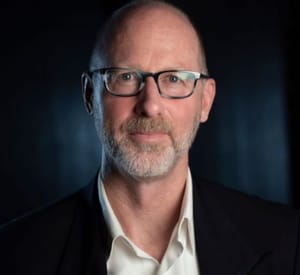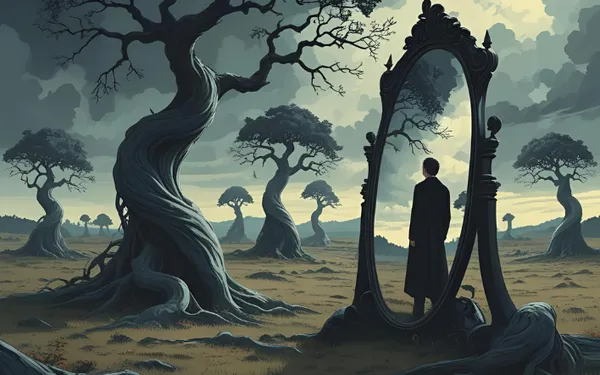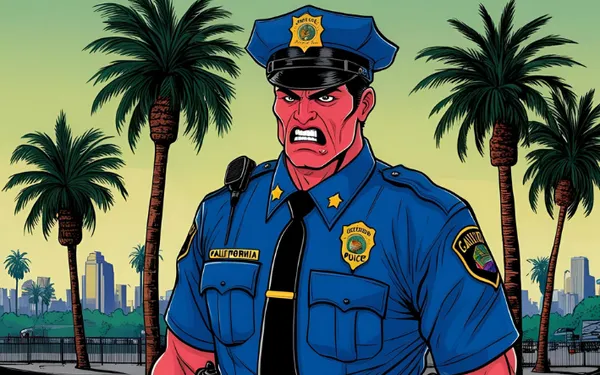I joined a video call today with two people, a man and a woman, in Bosnia. The man is a native of Tuzla, a city in the eastern side of the country. The woman is from a town to the south of Zagreb, the capital of Croatia. One Bosnian and one Croatian. I asked them, “What do you think of Tuzla?” The Bosnian man replied, “It’s great—lots of do, friendly people, welcoming.” The Croatian said, “There’s nothing to do. Terribly boring.” A lively conversation ensued, with the man insisting that she simply had no idea where to go, prompting her to say, “That’s because I’m still waiting for you to take me somewhere interesting.” They both burst out laughing. I said, “You two seem to really enjoy each other’s company.” The Bosnian man then said, “Mostly, we just complain.” Then they started laughing again. It was one of the most refreshing conversations I had had in weeks. When I later described the dismal situation here in Los Angeles, the Bosnian man explained to me, “No one is afraid here in Tuzla. We continue to live our lives as before.”
I realized something from joining the call—everyone who is afraid is humorless. When I think of my patients, the most fearful are also the least likely to smile, to tell a joke, or to laugh. They are invested in, and locked into, a myopic state that cannot take in the environment around them. Their awareness is handicapped by their fear. Everything they experience is filtered through that fear state, limiting the variety of thoughts they can generate. Fear has become a true intellectual handicap.
This humor handicap presents itself in many ways. One that few acknowledge is the inability to develop perspective. To see a situation from more than one angle is a key element of problem-solving. The fearful who lack humor cannot solve problems, even basic ones such as how to obtain food without a delivery app on their phone. They have rendered themselves unable to survive in a society that does not cater to their handicap. Enabled by government, they may survive, but without the intrinsic ability to develop perspective, they cannot grow. They cannot develop. They are simply existing in an arrested state, frozen, incapacitated, and dependent on the state for their basic needs.
Apart from the effect fear has on humor, American culture today has largely outlawed humor. In its place, we now have mockery, a central trait of the woke. True humor jumpstarts perspective and internal movement, while mockery shuts it down. Mockery is disguised cruelty.
As Elon Musk said recently in an interview with the Babylon Bee, wokeness “basically gives mean people a shield to be mean, and cruel, armored in false virtue.” The woke have no perspective, and they attack those who do good while insulating themselves from all criticism. Often, the woke and the fearful are one and the same, as both groups lack access to rational thought and cannot process information without filtering it through their histrionic emotional state.
A nation that has banned humor, and a people that has lost the ability to appreciate it, will soon find itself trapped in an inextricable morass, unable to move, think, or grow. Decline is inevitable, as everyone in America now witnesses. Loss of humor does more than simply remove the color from life, the subtle shading that brings levity and meaning to quotidian affairs. It lobotomizes the individual and the society he is a part of. It turns a nation into a collective of zombies, some benign and others sadistic, but none able to attain their full potential as human beings or participate in any productive way as citizens.
I would never have expected a Bosnian and a Croatian to surprise me by their natural ease in finding humor in otherwise banal conversation. I wasn’t aware that they aren’t afraid, and they aren’t woke. They are living in reality, facing it head-on every day, unlike the majority of Americans who still pretend that fear is a virtue and that cruelty is beyond reproach, as long as it is couched in fear and victimhood.
Americans have always been fond of humor, and America has always fostered that quality in its people. We have begun to go down a dangerous path, expelling humor and suffocating the development of perspective. We cannot allow this to continue. We must reverse course, reclaim humor, and return it to its rightful place in society—not as a luxury but rather a necessary component of a full and healthy life.
Mark McDonald, M.D.
Psychiatrist and author of United States of Fear: How America Fell Victim to a Mass Delusional Psychosis







Member discussion